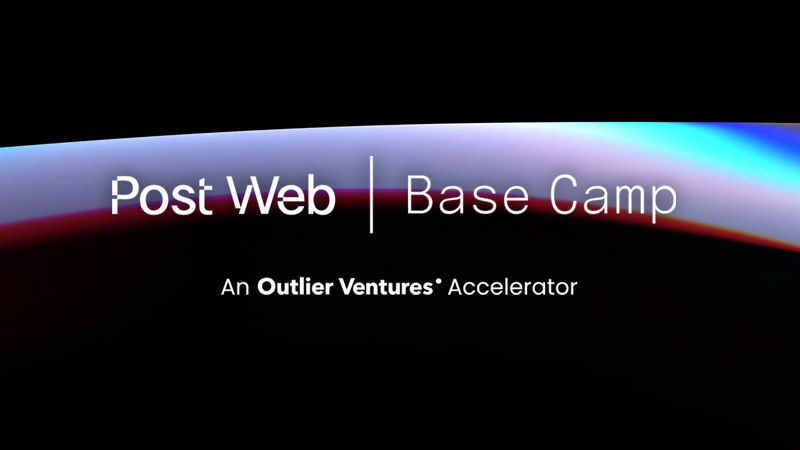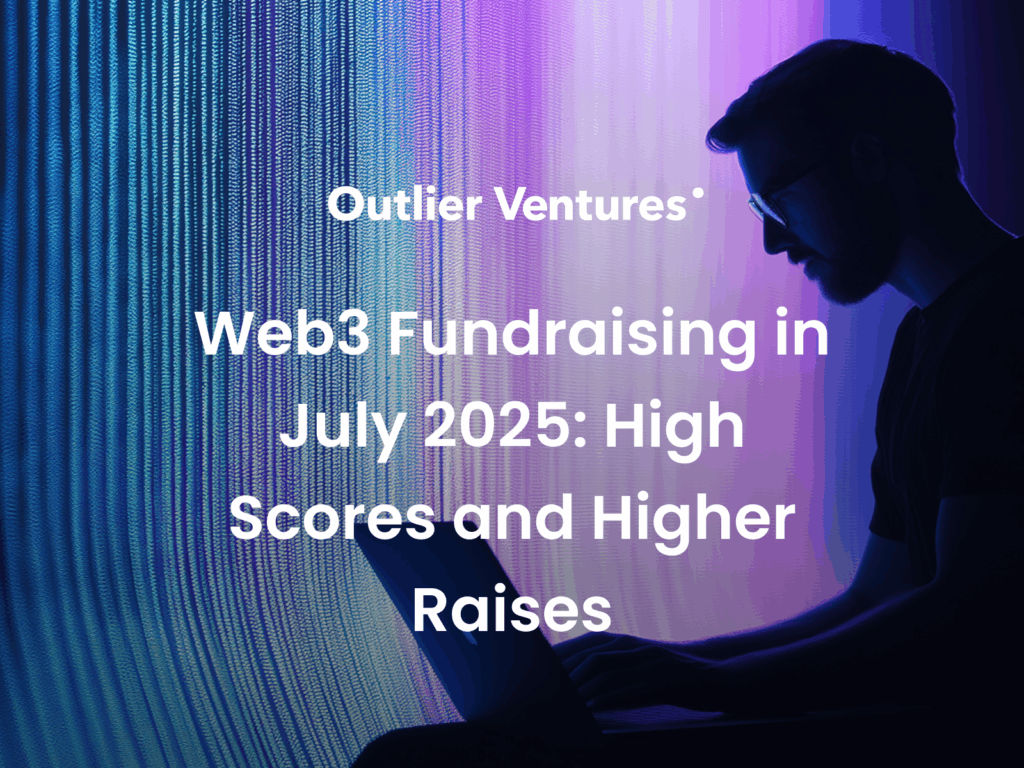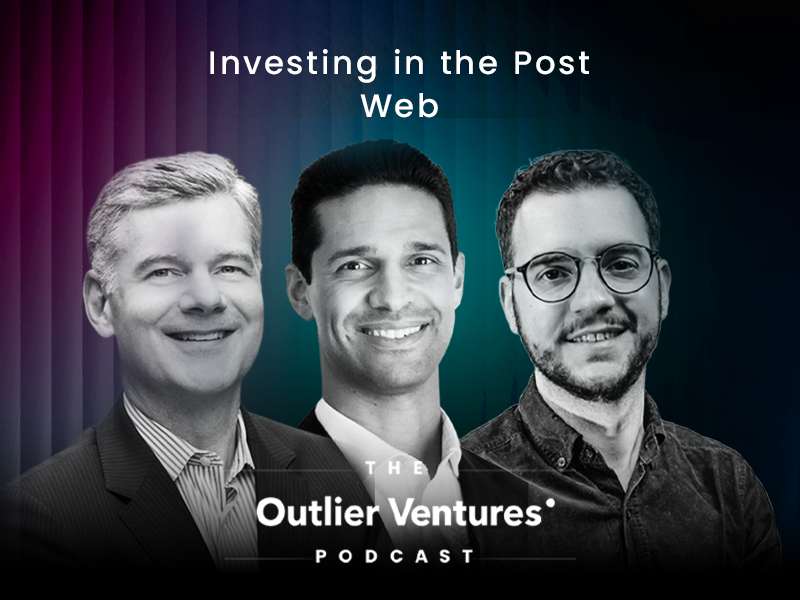Welcome back to The Post Web Deep Dive, an exploration of Outlier Ventures’ latest thesis that outlines how AI, Web3, and decentralization converge to reshape the internet. Introducing the Intention Economy — fixing the internet one AI agent at a time.
The internet is broken…not technically, but economically.
For too long, it’s been fueled by likes, clicks, and time-on-site metrics that benefit platforms more than people. The Attention Economy has turned users into data points and engagement into a commodity, often at the expense of trust, well-being, and real value.
But a new model is emerging. One where your goals, not your distractions, drive the system.
Welcome to the Intention Economy: the next phase of the internet, powered by intelligent agents that act on your behalf.
A Shift in Value Creation
The Intention Economy represents a radical departure from our attention-centric internet. Rather than fighting for fragmented moments of user focus, platforms and services will now be designed to understand, interpret, and fulfill a user’s goals — often autonomously, securely, and with minimal friction.
The Attention Economy, fueled by advertising models and algorithmic feeds, has led to user experiences that are more addictive than they are effective. Attention is monetized, often at the expense of user agency and well-being. In contrast, the Intention Economy prioritizes outcomes over engagement, reshaping digital interactions around genuine value creation.
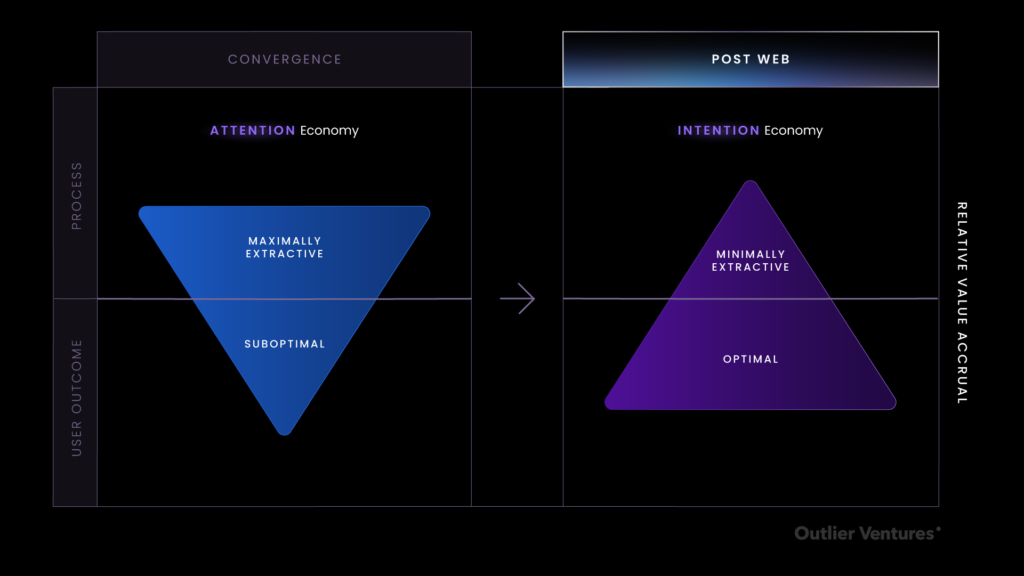
What Makes the Intention Economy Different?
At its core, the Intention Economy is built on intelligent, autonomous systems that act on behalf of the user. These AI-powered agents are designed to interpret intent, gather context, and take action, freeing users from manual decision-making and repetitive tasks.
Unlike traditional user interfaces, which require active searching, clicking, and managing, the Intention Economy leverages contextual AI, smart contracts, and decentralized networks to deliver services in real-time, often without the need for direct input. This makes user interactions more fluid, intuitive, and productive.
Every interaction is potentially verifiable and auditable thanks to DLT. This built-in transparency helps establish trust between users and systems.
Intelligent Agents: The Engines of the Intention Economy
These AI agents are the backbone of this new architecture. Tasked with interpreting complex user intent, they can autonomously coordinate actions across decentralized networks. Whether managing personal finances, booking travel, filtering information, or executing smart contract-based agreements, these agents will become vital participants in the new economy.
Imagine this: You’re planning a weekend getaway. While you sleep, your AI agent finds a hotel that matches your budget and style, checks your calendar, books the stay using your preferred payment method, and even reroutes a delivery to arrive after you return. No back-and-forth, no forms.
These agents aren’t just assistants. They’re autonomous extensions of your intent, operating with your preferences, values, and goals baked in. As more activity moves into decentralized ecosystems, these agents won’t just facilitate actions, they’ll represent you. Every decision they make can be verified and traced, enabling a new kind of trustless collaboration between machines and people.
The Infrastructure Behind the Intention Economy
The realization of the Intention Economy relies on a robust stack of emerging technologies. Decentralized infrastructure, including smart contracts, tokenized incentives, and secure digital wallets, enables agents to operate autonomously while maintaining compliance, security, and traceability.
Digital wallets, in particular, are evolving from simple asset managers to holistic portals of digital identity, permissions, and intent execution. They serve as the operational hubs for intelligent agents, allowing them to access resources and act on the user’s behalf with high security and minimal friction.
This shift is also reshaping how we experience the internet.
Instead of targeting users with ads, companies will create context-aware, value-driven services delivered via intelligent agents. The emphasis shifts from interrupting users to enabling them, fostering long-term relationships based on reliability and relevance.
At the core of this evolution is a rebalancing of value. Where today’s web concentrates control and profits in the hands of platforms, the Intention Economy puts users at the center. Value creation becomes more equitable, more aligned with individual goals, and more grounded in trust and autonomy.
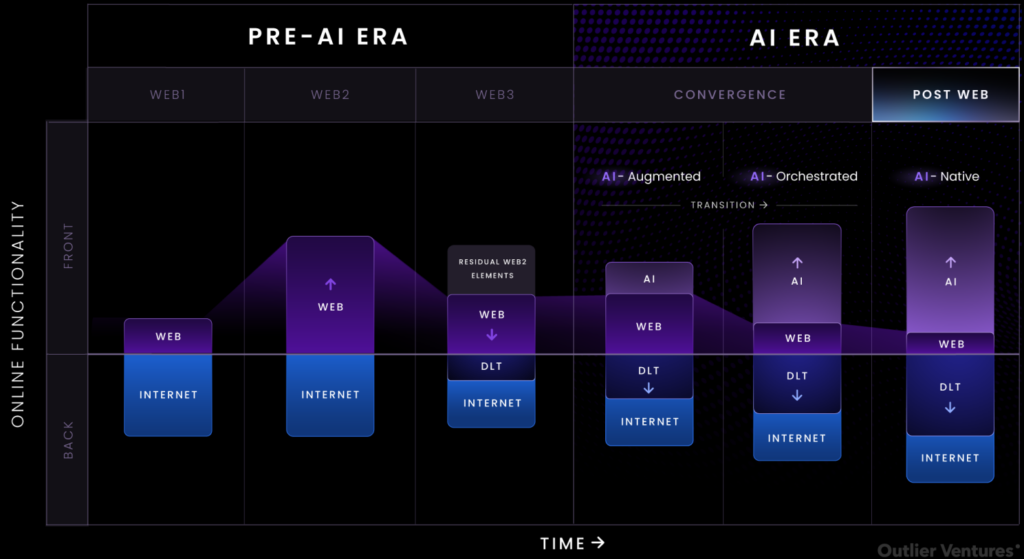
Building a Future That Respects Intention
The Intention Economy marks the beginning of a more personalized, efficient, and ethical internet. By prioritizing outcomes over impressions and autonomy over manipulation, it aligns technological progress with human values.
But this shift won’t be frictionless.
To fully realize this new model, we must ensure users remain in control of their data, their agents, and the outcomes those agents pursue. Sovereignty, consent, and privacy must be preserved at every layer. Striking the right balance between automation and oversight, and between personalization and protection, will define whether the Intention Economy earns trust at scale.
This is not just a trend. It is a foundational change in how the internet works, how value is created, and how users participate. As we enter The Post Web era, the real leaders will be those who build for intention, and build with intention.
The Blueprint Behind the Intention Economy
The ideas in this blog are just the beginning. Chapter 1 of The Post Web Thesis dives deeper into the architecture of the Intention Economy, unpacking the shift from attention-based systems to intent-driven ones. Learn how AI agents, digital wallets, and decentralized infrastructure all come together to make it real.
Build the Intention Economy With Us
If you’re building intelligent agents, decentralized infrastructure, or next-gen user experiences aligned with the values of the Intention Economy, we want to hear from you.
The Post Web Accelerator is now accepting applications for our next cohort. We provide funding, hands-on support, and access to a powerful network of founders and experts shaping the next era of the internet.
Applications are now open, but not for long.

